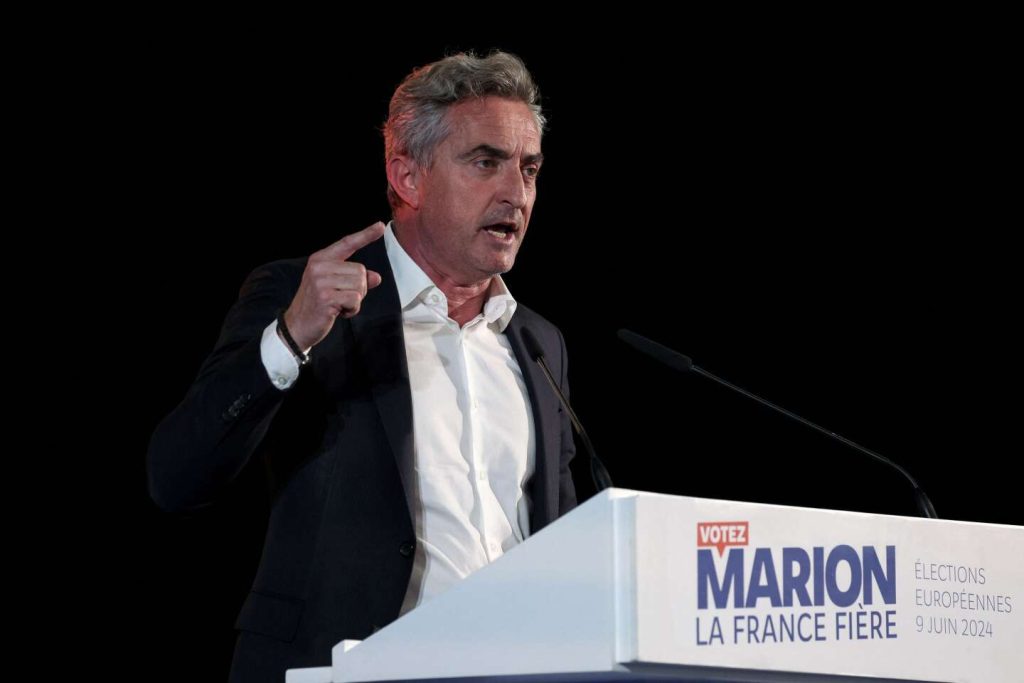The hiring of his son as a temporary worker by the Ville de Marseille may put an end to the political career of Senator Stéphane Ravier from the Bouches-du-Rhône area. A sentence of twelve months of suspended prison, a fine of 20,000 euros, and an automatic five-year ban on running for office have been requested against the senator. In July 2015, Thomas Ravier, age 20 at the time, with no significant qualifications and two years of unemployment, was hired by the city of Marseille as a temporary worker in the green spaces department. He denies any special treatment or intervention by his father, who was the mayor of the 13th and 14th arrondissements of Marseille at the time.
The investigation into this case began with a letter to the prosecutor from the French anticorruption agency, denouncing the practice of “family jobs” within the Marseille municipality. Stéphane Ravier admits that he may have informed his son about potential job opportunities in the public sector, but denies any wrongdoing. However, the prosecutor questions whether everyone has access to the mayor’s chief of staff, implying that Ravier may have used his political influence to secure a job for his son.
The chief of staff, Claude Bertrand, confirmed that Ravier had spoken to him about his son’s candidacy but claims it was only for information purposes, not to secure the job. The initial hiring contract was signed by Jean-Claude Gaudin, the mayor at the time. Despite Bertrand’s statements, Ravier insists that he did not use his son’s employment as a political tool against his adversaries. The case raises questions about political favoritism and nepotism within the Marseille municipality.
The prosecution argues that Ravier’s actions constitute a conflict of interest and abuse of power, leading to the automatic ban on running for office for five years. Ravier maintains his innocence and claims his son was hired based on merit, not political connections. The outcome of this case will not only impact Ravier’s political future but also shed light on the prevalence of corruption and favoritism in local government.
The trial continues, with testimonies from both sides complicating the issue further. The revelations about the hiring process and potential political influence have sparked public debate about ethics and transparency in politics. The ultimate decision will determine the fate of Senator Ravier and may set a precedent for future cases involving allegations of nepotism and misuse of political power. The outcome will have far-reaching implications for the political landscape in the Bouches-du-Rhône region and beyond.


